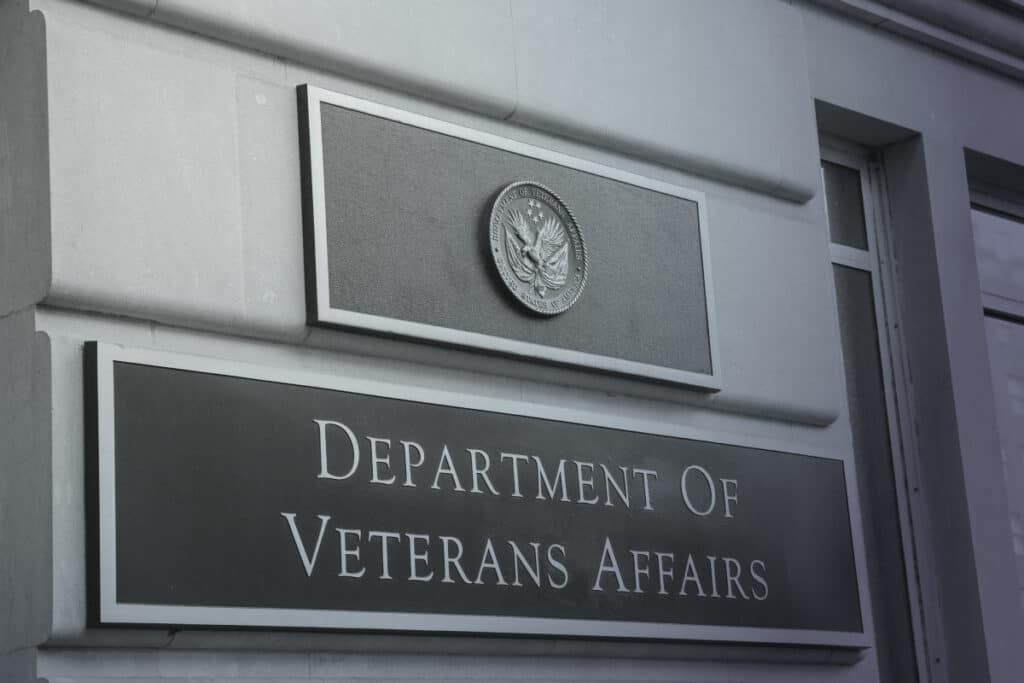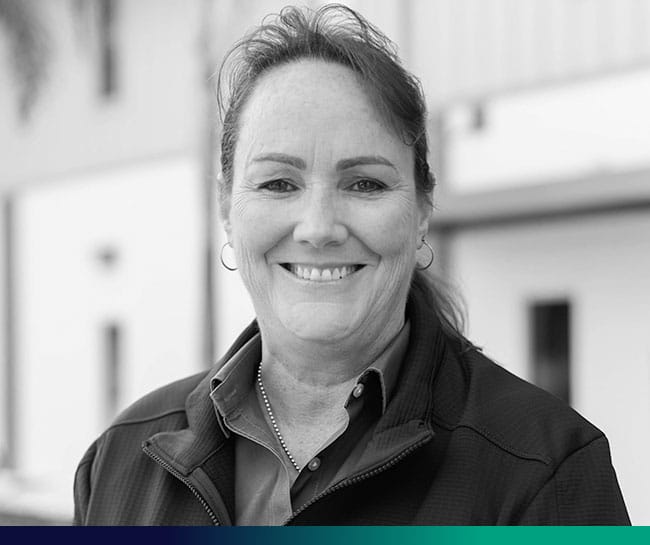
Navigating the Path to Obtain a Security Clearance for Medical Positions on Military Bases

Working in a medical position on a military base is a noble and challenging endeavor that requires not only the necessary medical skills but also a security clearance. Security clearances are crucial to ensure the safety and confidentiality of sensitive information within military environments.
Understanding the Importance of Security Clearances
Security clearances are a fundamental requirement for individuals seeking employment in sensitive roles on military bases. These clearances are necessary to protect classified information and maintain the security of military operations. In the context of medical positions, the need for security clearances is especially critical as healthcare providers often deal with confidential patient information, military strategies, and classified medical research.
Different Levels of Security Clearances
Before delving into the specifics of obtaining a security clearance, it’s essential to understand the various levels of clearances. The U.S. government classifies security clearances into three main levels: Confidential, Secret, and Top Secret. The level of clearance required depends on the nature of the position and the sensitivity of the information involved.
- Confidential: This is the lowest level of clearance and is typically required for positions that involve access to information that could cause damage to national security if disclosed without authorization.
- Secret: Positions that require access to information that could cause serious damage to national security if disclosed without authorization may require a Secret clearance.
- Top Secret: The highest level of clearance, Top Secret, is required for positions involving access to information that could cause exceptionally grave damage to national security if disclosed without authorization.
Application Process for Security Clearance
The process of obtaining a security clearance for a medical position on a military base involves several steps. It’s crucial to be aware of these steps to navigate through the application process successfully.
- Pre-Employment Screening: Before applying for a security clearance, individuals seeking employment on military bases will undergo a pre-employment screening process. This involves a thorough background check, including criminal history, credit history, and employment history.
- Application Submission: Once the pre-employment screening is complete, candidates must submit a formal application for a security clearance. The application includes detailed information about personal history, foreign contacts, financial status, and any potential security risks.
- Investigation: After submitting the application, a comprehensive background investigation is initiated. This investigation may involve interviews with the candidate, references, and current or former colleagues. It aims to verify the information provided in the application and assess the candidate’s suitability for a security clearance.
- Adjudication: Following the investigation, a security clearance adjudicator reviews the gathered information and makes a decision on whether to grant or deny the clearance. Adjudicators consider factors such as loyalty, character, trustworthiness, and potential security risks.
- Continuous Evaluation: Security clearances are not a one-time process. Individuals holding clearances are subject to continuous evaluation to ensure that they remain eligible to access sensitive information. This ongoing process involves regular reviews of the individual’s background and behavior.
Medical Clearance and Special Considerations
In addition to the general security clearance process, medical positions on military bases may require additional considerations. Medical clearance is often necessary to ensure that individuals in these roles are physically and mentally fit to perform their duties.
- Medical Examination: Candidates for medical positions may be required to undergo a thorough medical examination to assess their health and ability to fulfill the responsibilities of the role.
- Specialized Training: Some medical positions may require specialized training, and candidates may need to demonstrate their proficiency in specific medical procedures or protocols.
- Understanding Confidentiality: Medical professionals on military bases must have a clear understanding of the importance of patient confidentiality. Adherence to privacy regulations and ethical standards is crucial in maintaining the trust of patients and ensuring the security of sensitive medical information.
Obtaining a security clearance for a medical position on a military base can be a very detailed and rigorous process. LUKE has experts who help our candidates through every step of the way and work hard with the base to move things along as quickly as possible. Aspiring individuals should approach the application process with diligence, ensuring that they meet all the requirements and are prepared for the responsibilities that come with holding a security clearance in a medical role within the military. But also knowing that with those responsibilities, you will receive incredible satisfaction from serving those who serve.












